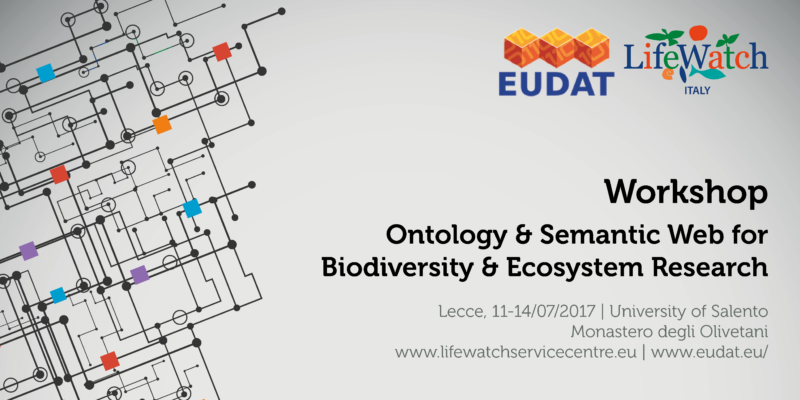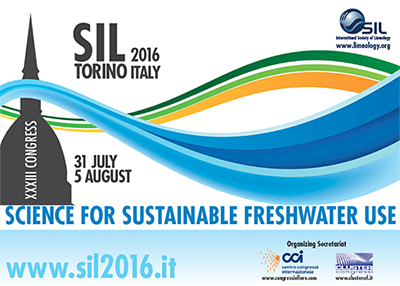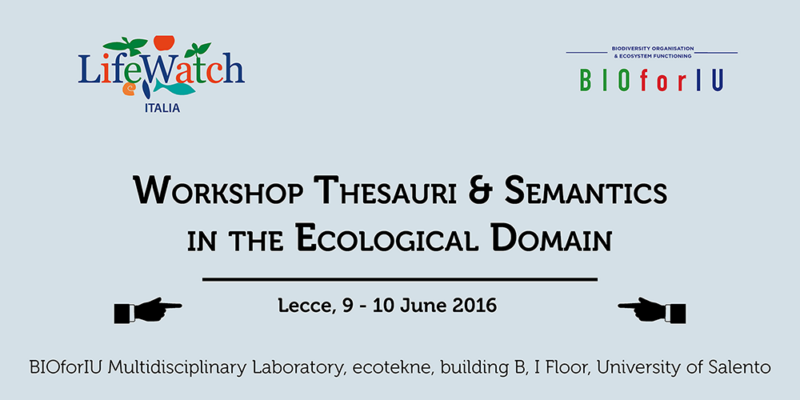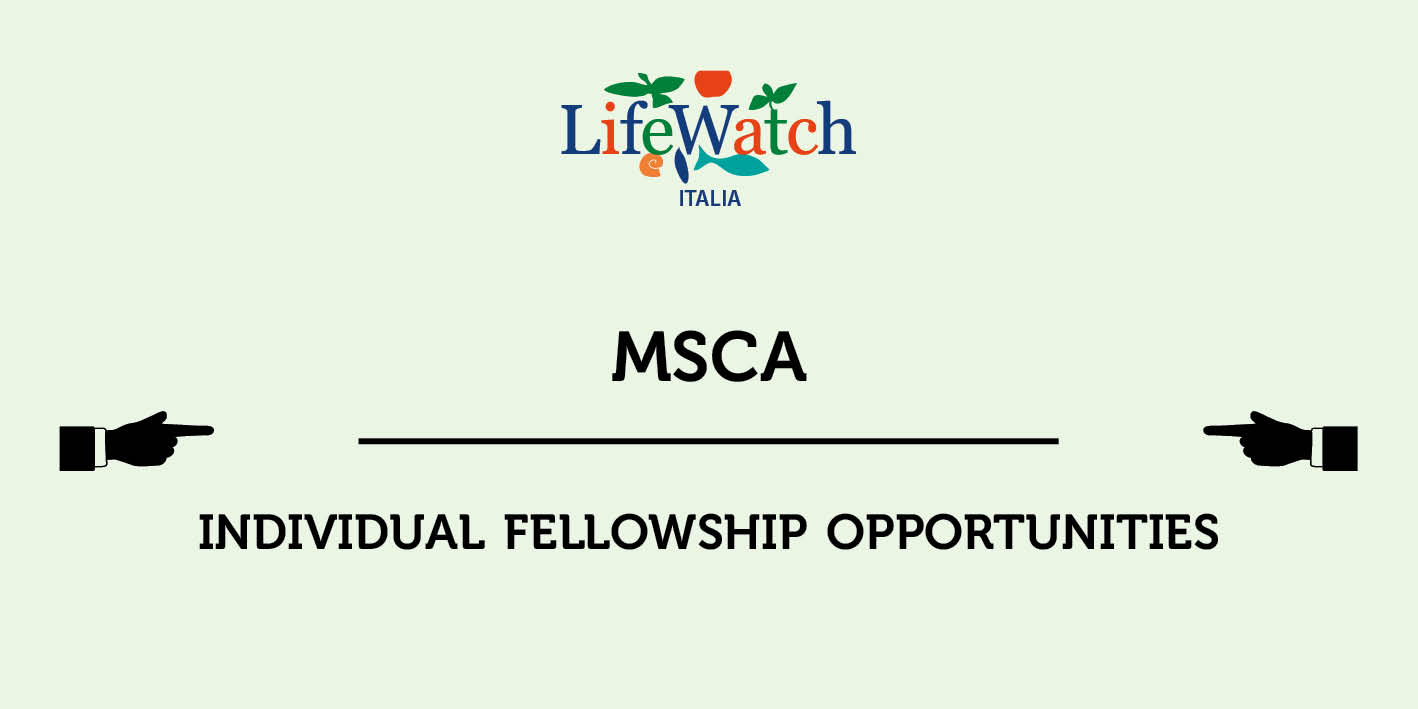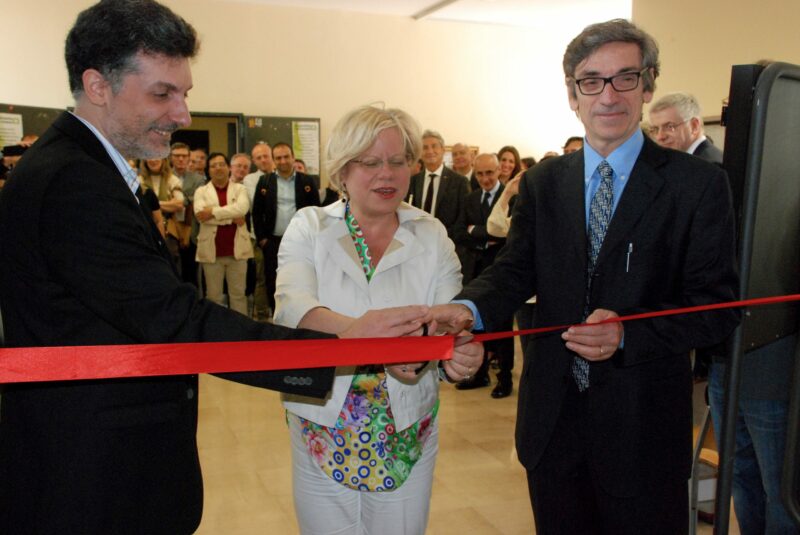During a three day workshop in Germany scientists and technical and legal experts made great steps towards the development of a cooperative and global monitoring system for changes in biodiversity. The workshop, which was a breakthrough in global collaboration, was organised for the first time as part of the EU horizon 2020 project GLOBIS-B, coordinated by the University of Amsterdam.
The fast growing global human population and climate change drive environmental modifications which might lead to poverty, social unrest and wars. But which dimensions of the environment are changing most dramatically, where are these changes happening and what will be the consequences for biodiversity? At the workshop in Leipzig, Germany, biodiversity scientists, technical experts from research infrastructures and advisors for legal interoperability of data defined so called Essential Biodiversity Variables (EBVs) to address these questions.
Essential Biodiversity Variables
Like climate variables, EBVs are constructed from various sources of data and are the underlying variables to assess changes in biodiversity through time. They can be used to measure the achievement of targets like the Aichi targets set by the Convention for Biological Diversity (CBD), to protect the world from further loss of biodiversity, support sustainable use of natural resources and enhance benefits from these. The variables should be capable of measuring changes in species distributions and abundances, for any type of organism, for any given time and any given area. In doing so, the measurements play an important role in policy decisions and are critical to the future work of the Inter-governmental Panel on Biodiversity and Ecosystem Services (IPBES); a sister panel to the well-known Inter-governmental Panel on Climate Change (IPCC).
GLOBIS-B workshop
The workshop was organised as part of the EU Horizon 2020 project GLOBIS-B (“GLOBal Infrastructures for Supporting Biodiversity research”). GLOBIS-B supports research infrastructures active in biodiversity and ecosystems research from Australia, Brazil, China, Europe, South Africa and the USA to cooperate with their expertise. The project is coordinated by the University of Amsterdam as part of the LifeWatch European research infrastructure for biodiversity and ecosystems research.
“With this workshop we set the scene for a global harmonisation process”, says Daniel Kissling, scientific coordinator of GLOBIS-B. This will improve the harmonization of data collection and technical data management, and help to address legal complications and constraints. “EBVs require big datasets on where species live”, continues Kissling. These data come from all kinds of places and have all kinds of formats. It is not always trivial that this data is made openly available and free. “With this project and the workshop we make a great breakthrough in global collaboration among holders of biodiversity data. This will facilitate the processing of big data and making them available for societal use”, concludes Kissling.
The main outcomes of the workshop were:
- The Living Planet Index will make over a quarter of a million data points freely available to be used in these measurements;
- eBird, the largest data collection of bird distributions in the world, will focus on measuring the change in patterns of bird occurrences globally;
- The Atlas of Living Australia together with the European LifeWatch capability will create a demonstrator proof-of-concept for the process of measuring and presenting an EBV;
- Consensus on using the ‘Darwin Core Event’ (DWCe), a new technical standard for biological datasets;
- The Wildlife Picture Index will make their publically available data (2.6 million records) now accessible through the Darwin Core Event.
In June 2016 the participants will gather again in Seville, Spain for a follow up and to write a widely endorsed paper with recommendations on how to build the EBV’s for species populations.
For reference:
GLOBIS-B is a 3 year project, funded by the European Commission with the goal to enhance global collaboration among research infrastructures. The aim is to contribute to the development of Essential Biodiversity Variables by using the available data and technical capacity in these research infrastructures across the world.
The project is coordinated by the University of Amsterdam, The Netherlands, as a leading partner in the European LifeWatch research infrastructure. Other European project partners are: Cardiff University United Kingdom, Gnubila France, Consiglio Nazionala delle Ricerche (CNR) Italy, Martin-Luther-University Halle Germany and the Universidad de Alcalá Spain. For more information, consult the website www.globis-b.eu or send an e-mail to j.l.konijn@uva.nl
